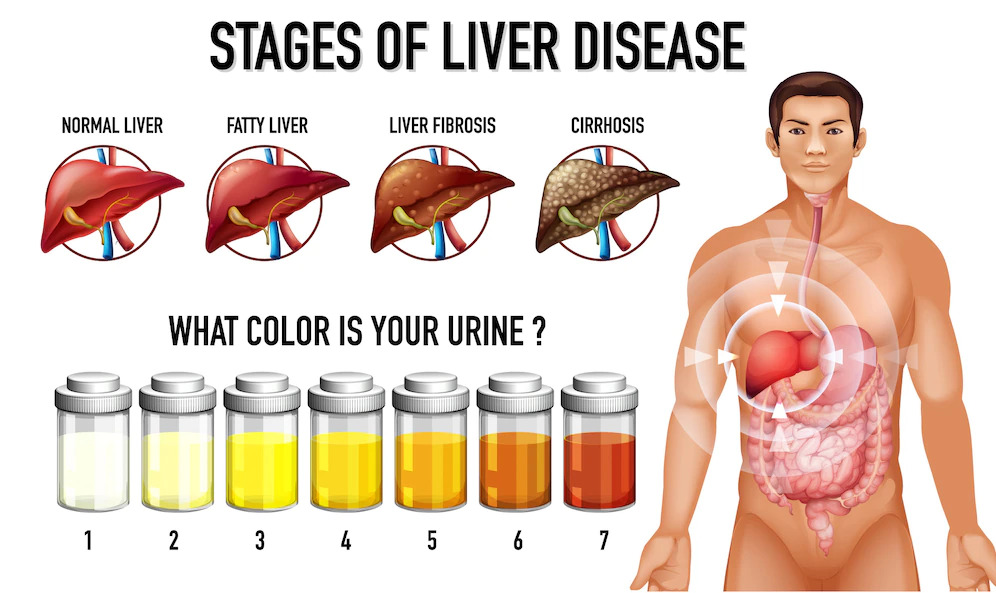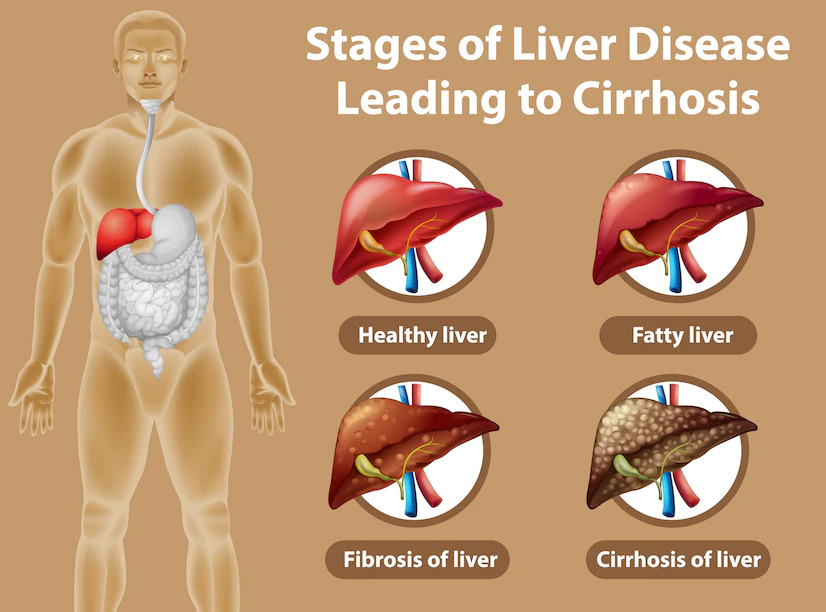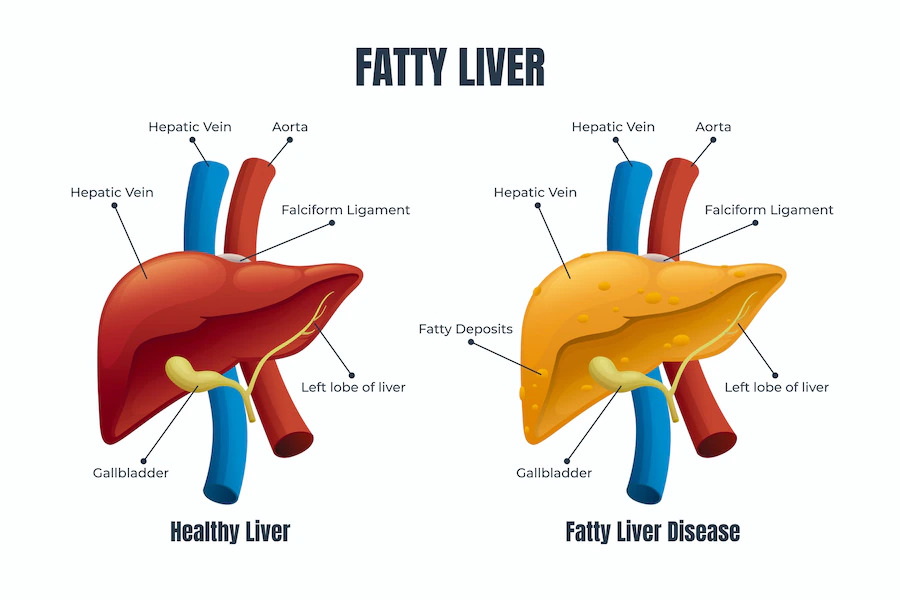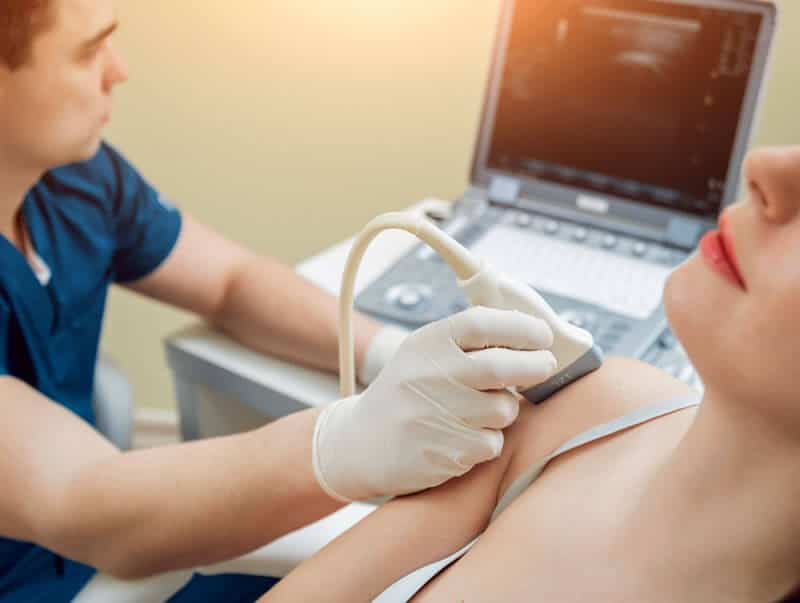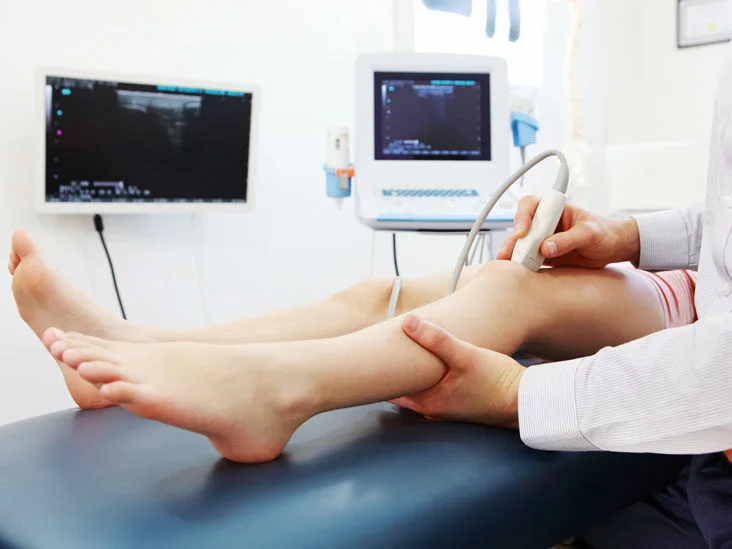Liver Fibroscan - Sheawave Elastography
Private Liver Health Assessment in London
Liver Fibroscan - Sheawave Elastography
Price £350
Liver elastography scans are particularly beneficial for individuals who have liver diseases or conditions that may affect the health of their liver. Here are some examples of who might benefit from a liver elastography scan:
Patients with Chronic Liver Disease: Liver elastography is commonly used in patients with chronic liver diseases such as hepatitis B or C, non-alcoholic fatty liver disease (NAFLD), alcoholic liver disease, or autoimmune liver diseases. It helps in assessing the degree of liver fibrosis, which is crucial for disease staging, monitoring disease progression, and determining appropriate treatment strategies.
Individuals at Risk of Liver Fibrosis: People who have risk factors for liver fibrosis, such as obesity, diabetes, excessive alcohol consumption, or a history of liver damage, may benefit from liver elastography. It allows for the early detection of fibrosis, enabling timely interventions to prevent further liver damage.
Liver Transplant Recipients: Liver elastography can be useful in monitoring the health of transplanted livers. It helps assess post-transplant liver fibrosis, detect complications, and guide post-operative management.
The benefits of liver elastography scans include:
Non-Invasiveness: Liver elastography is a non-invasive technique that does not require a biopsy or any surgical intervention. It provides valuable information about liver fibrosis without the need for an invasive procedure.
Early Detection and Staging: Liver elastography can detect fibrosis at an early stage, allowing for timely intervention and appropriate management. It also helps in staging the severity of fibrosis, aiding in treatment decisions and prognosis assessment.
Monitoring Disease Progression: Regular liver elastography scans can track changes in liver fibrosis over time. This helps in monitoring disease progression and evaluating the effectiveness of treatment interventions.
Reduced Need for Biopsy: Liver elastography can potentially reduce the need for liver biopsies, which are invasive and carry some risks. By providing non-invasive information about liver fibrosis, it can help healthcare providers make treatment decisions without the need for a biopsy in some cases.
Overall, liver elastography scans offer a non-invasive and valuable method for assessing liver fibrosis. They provide essential information for diagnosing liver diseases, staging fibrosis severity, monitoring disease progression, and guiding treatment decisions.
What is the purpose of the Fibroscan(Shear Wave Elastography)
Fibroscan test is used by doctors to look for any disease or abnormal liver conditions. The scan is used by the doctors for diagnosis and to make a better treatment plan. Some Important findings are
- Liver stiffness
- Scarring of liver
- Degree of fibrosis
- Treatment planning
When should you get a fibroscan done
People suffering from fibrosis or the presence of a scar in the liver are usually asymptomatic. A Fibroscan test is required if you have the following symptoms of liver disease
- Fatigue
- Itching
- Weight loss
- Yellow skin
- Bleeding from nose
- Swelling in the lower limbs
- Confusion
Which types of diagnosis can be done by Fibroscan
- Hepatitis B
- Hepatitis C
- Liver cirrhosis
- Alcoholic liver disease
- Wilson’s disease
- Autoimmune hepatitis
- Primary biliary cirrhosis
- Fatty liver disease (NAFLD, NASH)
- Other types of chronic liver disease
Why you should have a FibroScan examination:
- FibroScan may help you get approval for the new Hepatitis C treatments: if the FibroScan score shows that your liver is becoming scarred.
- On the other hand, a very low FibroScan score can reassure you and your loved ones that your liver can afford to wait for better/less expensive treatment options in the future.
- In many cases, FibroScan can help you and your doctor avoid the added risk and possible complications of a liver biopsy
- After a successful treatment, (e.g. Hepatitis C) annual FibroScan can monitor your liver’s recovery.
- Recovery from liver fibrosis may lower your long-term risk of cancer. FibroScan can show you how your recovery is advancing.
What are the benefits of liver elastography?
Can you get a FibroScan without a referral?
You don't need a referral.
Is FibroScan better than CT scan?
It is a non-invasive procedure which is a better alternative to liver biopsy which is an invasive procedure. Fibroscan provide much better information than blood tests, Ultrasound, CT scans and MRI's in case of Liver related diseases.
What is better FibroScan or ultrasound
FibroScan is superior to ultrasound for the detection of liver scarring and therefore may be used to determine if cirrhosis or advanced fibrosis is present at the initial assessment and whether it has developed during follow-up because of disease progression.
Hepatitis B, C, fatty liver disease, autoimmune hepatitis, and alcoholic liver disease are just a few of the chronic liver illnesses that can cause tissue damage and scar tissue formation. The liver loses some of its elasticity and flexibility as scar tissue accumulates.Liver shearwave elastography can detect these changes and help grading the liver damage according to the tissue elasticity.
Liver fibrosis/cirrhosis is a common endpoint for viral, autoimmune, drug-induced, and alcoholic liver disease and can be evaluated by shear wave elastography of the liver.
